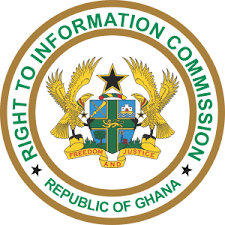Menu
Close

Since its implementation in 2020, the RTI Act has led to several key developments:
Increased Citizen Participation: More Ghanaians are now engaging with government agencies to request information on budgets, public procurement, and governance decisions.
Enhanced Media Investigations: Journalists have used the RTI Act to access critical government records, strengthening investigative journalism in Ghana.
Improved Government Accountability: The proactive disclosure requirement has pushed public institutions to be more transparent in their operations.
Challenges in Implementation: Despite progress, challenges such as bureaucratic delays, high request fees, and institutional resistance remain areas for continued advocacy.


Locate Us:
Ghana Post GPS : GA3602673
Yogaga Street Mataheko,
Central University